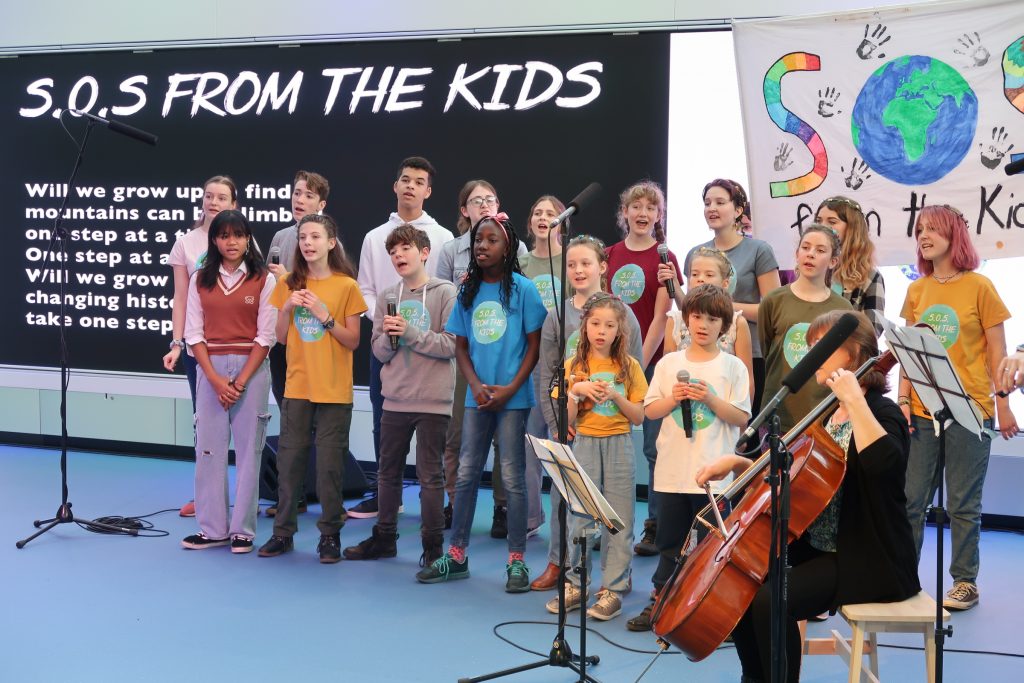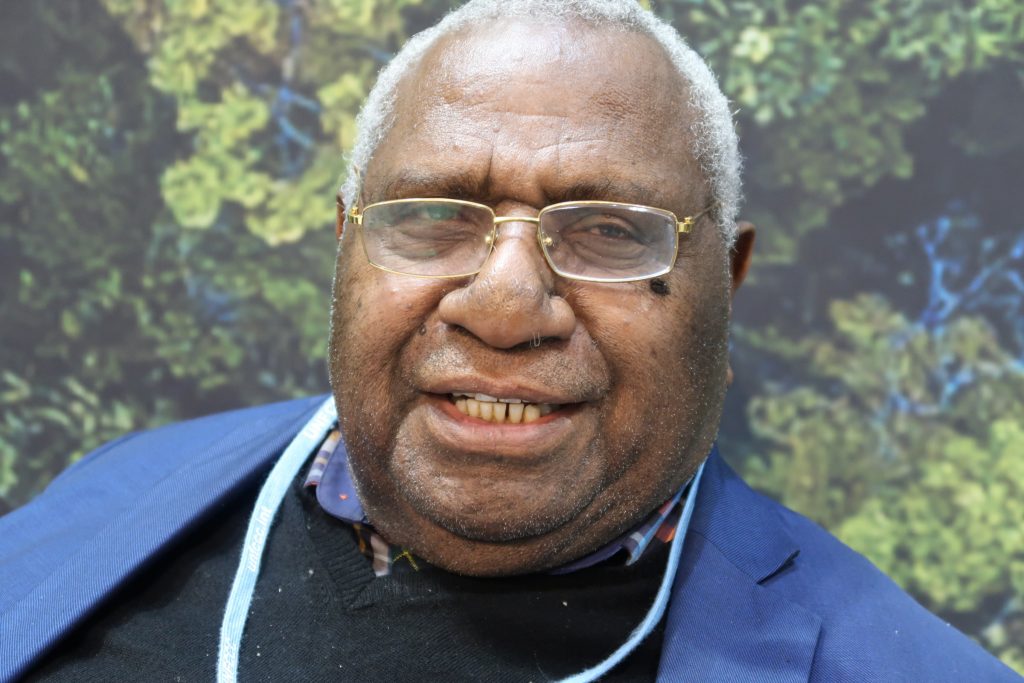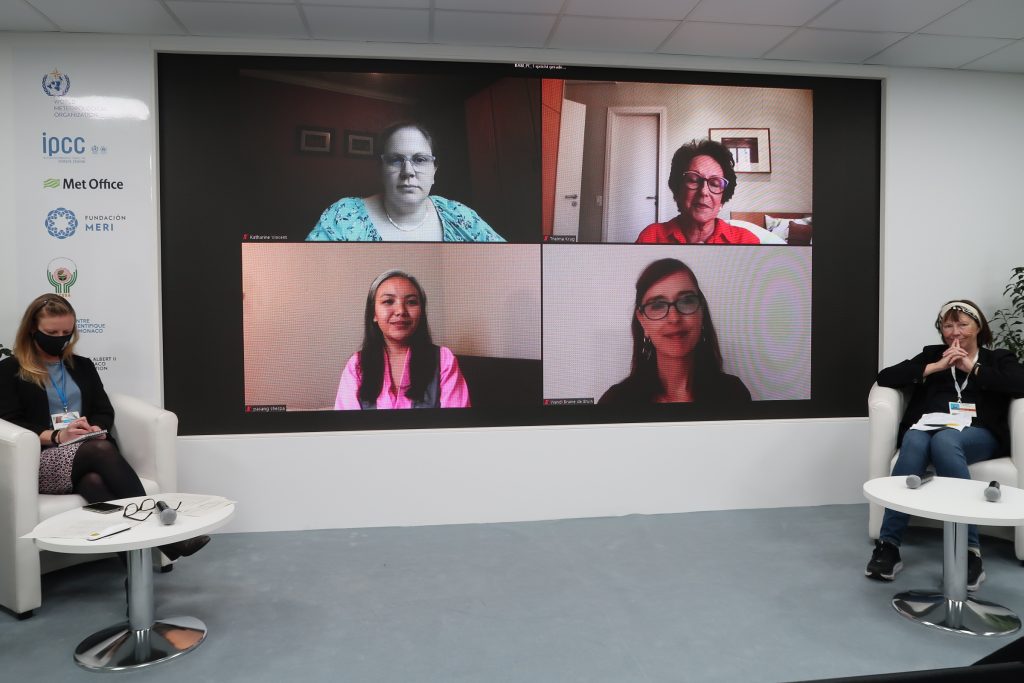JMIC at COP26: Young climate activists leading

Young activist leaders may be good ambassadors for the IPCC (Intergovernmental Panel on Climate Change) science, with their knowledge, and their ability to reach out to new generations, Elisabeth Eide suggested in her presentation at COP 26 in Glasgow.
Drawing from interviews with 31 young leading climate activists from 23 countries across the world her contribution aims to capture the contribution of the recent youth climate movement to communicating climate science and politics.
From the point of view of the youth activists, the movement powerfully connects personal and local experiences and emotions with climate science, according to her. This has enabled the activists to construct an authentic, generational and temporal identity that has helped them to carve out an autonomous position and voice with considerable moral authority among existing climate policy actors.
Claiming to represent the future generation, she concludes that activists have offered an important added value to climate science as new ambassadors for scientific consensus and climate mitigation.
The youth movement and the added value it brings communicating climate science is an example of the dynamics of the formation of “relational publics” and emphasizes the need to understand better the networked communication landscape where climate politics is debated, according to Elisabeth Eide.
She presented an article about youth and climate activism published in a Special Issue of Climatic Change co-authored with Prof. Risto Kunelius from Helsinki University, with contributions from researchers in 23 countries.
Further reading:Voices of a generation the communicative power of youth activism | SpringerLink


